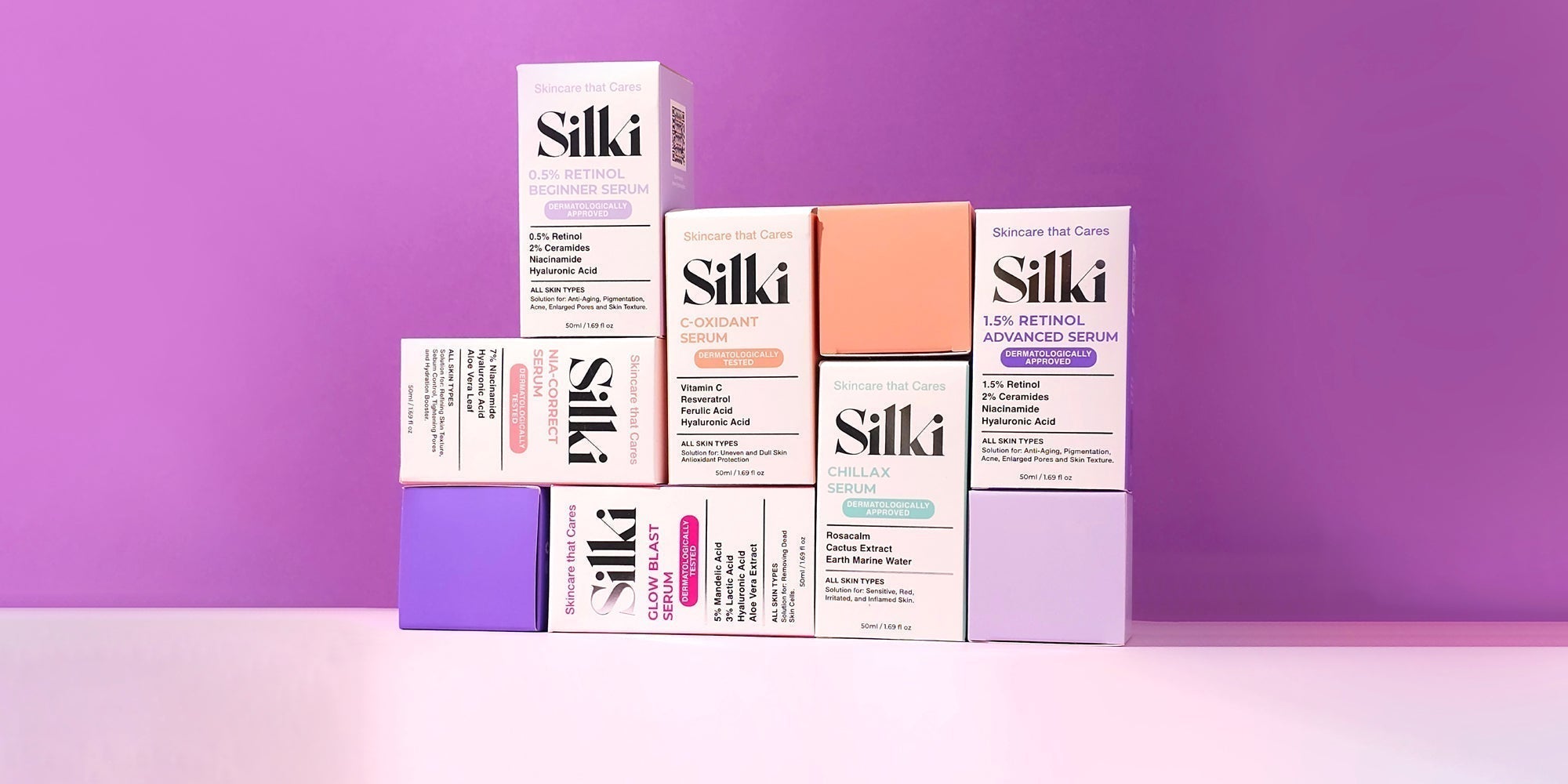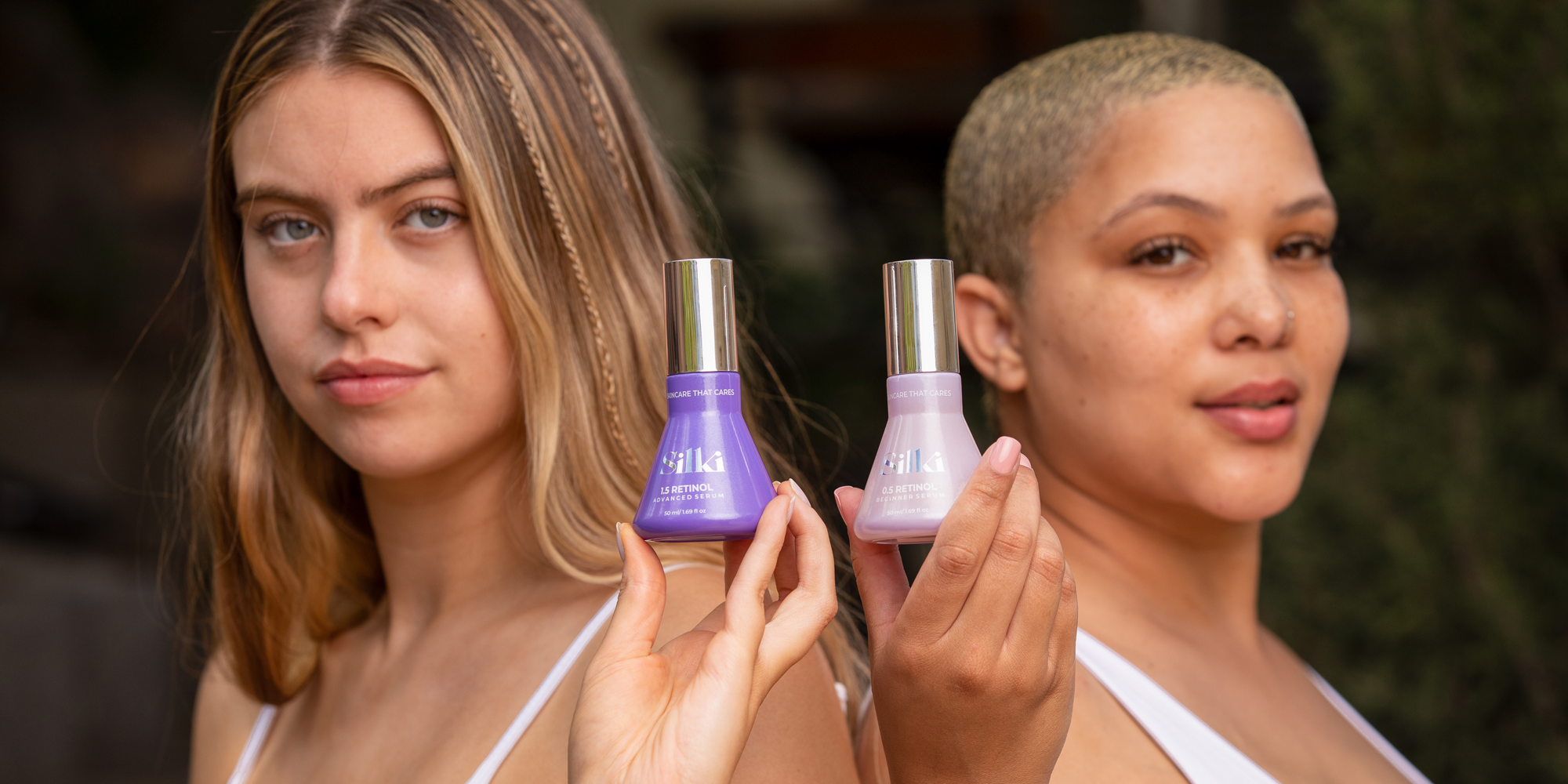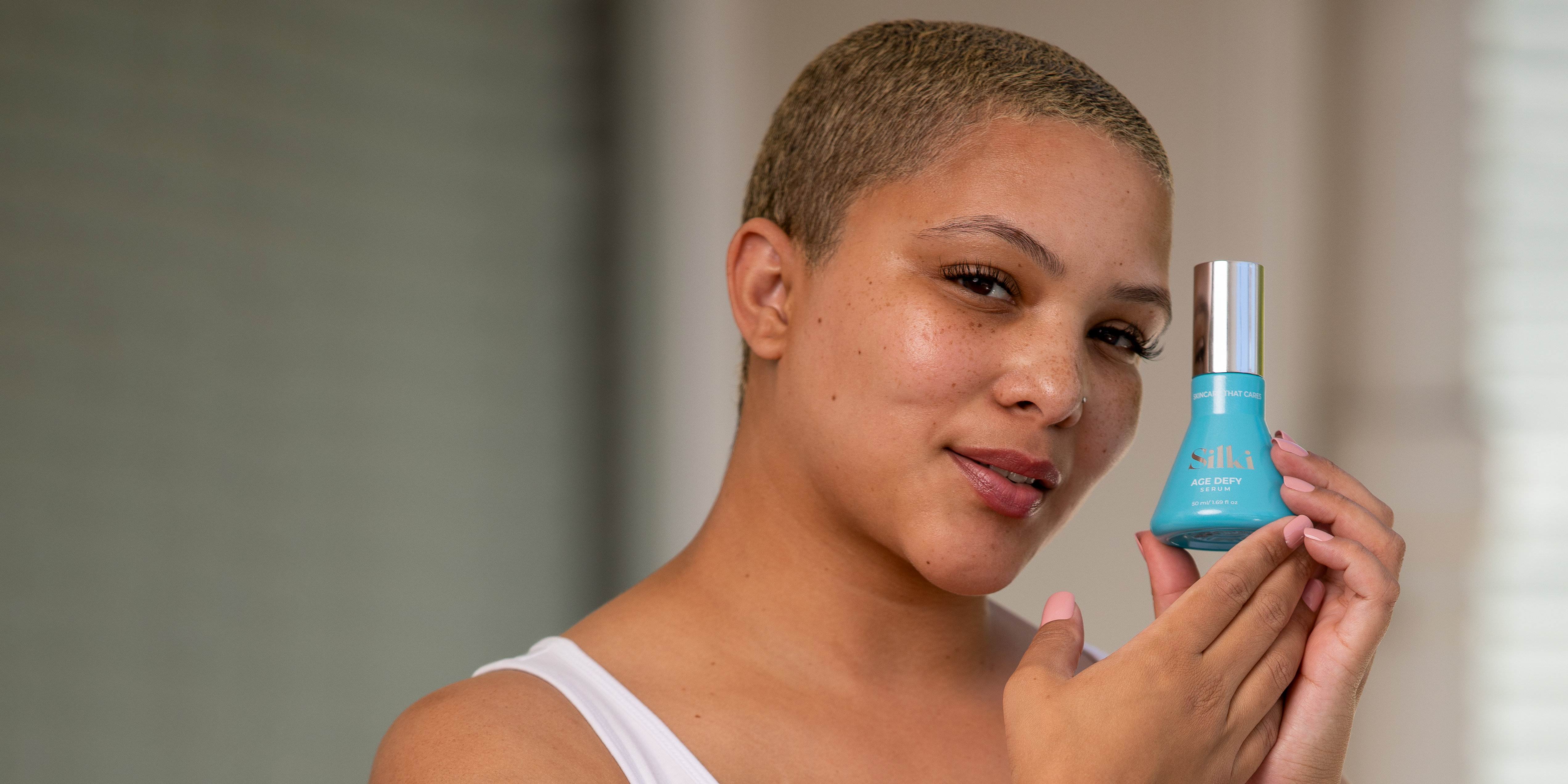
"Dermatologically Tested" vs. "Dermatologically Approved" – What Do They Really Mean?
Have you ever picked up a skincare product, seen the words “Dermatologically Tested” or “Dermatologically Approved,” and thought, Sounds fancy, but what does it actually mean? You’re not alone! These terms sound reassuring, but understanding them can help you make smarter skincare choices. Let’s break it down!
What Does "Dermatologically Tested" Mean?
When a product is Dermatologically Tested, it means that it has been tested on human skin (not just in a lab) under the supervision of a dermatologist. The goal? To check for potential skin reactions like irritation, redness or allergies.
Important to Know:
The test doesn’t guarantee the product is suitable for everyone. It just means it was evaluated for skin reactions.
The testing process varies - some brands conduct thorough studies, while others do minimal testing.
What About "Dermatologically Approved"?
This term takes things a step further! A dermatologically approved product has not only been tested but also endorsed by dermatologists. This usually means:
✔️ The product meets certain skincare safety standards.
✔️ The formula has been reviewed and deemed safe for its intended use.
✔️ Some dermatologists (not necessarily all) agree it’s suitable for skin.
But here’s the catch:
-
There’s no universal standard for what qualifies as "approved," so different brands might have different criteria.
-
It doesn't always mean a product is perfect for your skin - always check the ingredients!
Do These Labels Mean a Product Is 100% Safe?
Not necessarily! Every person’s skin is unique, and even a dermatologically tested or approved product can cause irritation if it contains ingredients that don’t suit you. That’s why patch testing is still important (yep, just like we talked about in the last blog!).

Final Thoughts: Read Beyond the Label!
Next time you see "Dermatologically Tested" or "Approved," you'll know that while these labels are good signs, they don’t tell the whole story. Always check the ingredient list, consider your skin type and when in doubt - consult a dermatologist!


